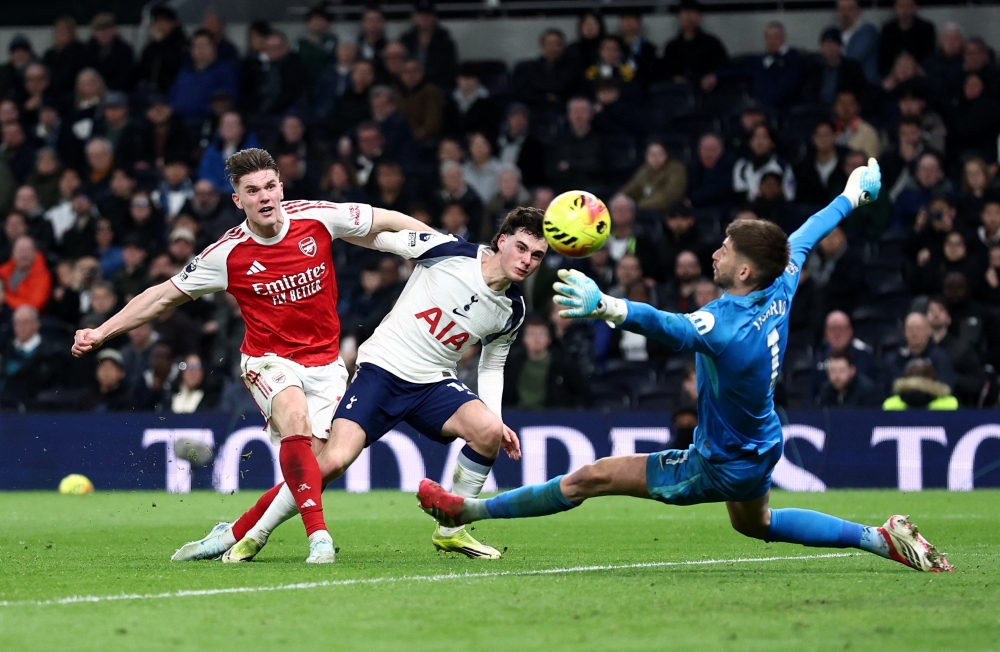Hard Labour: Starmer’s uphill battle for political survival
Leslie Kennedy Clark / Halogen Communications

The received wisdom is that Labour, and in particular Keir Starmer, is toast. Reform are now attracting sustained opinion poll leads as Labour presides over the same sort of scandals, division and incompetence that they chastised the Tories for. Consequently, Labour’s numbers, and the personal approval ratings of the Prime Minister, have plummeted. Adding insult to injury, we are less than 500 days into his premiership.
When you are officially the most unpopular PM ever – with a lower net satisfaction rating than Liz Truss at the ‘height’ of her inglorious tenure – you don’t just have an uphill struggle to turn things around, you’ve got the political equivalent of scaling Mount Everest. But whisper it: there’s still hope for the PM and his chances of securing another term in office.
While there will be difficult electoral tests with Scottish and Welsh elections in 2026, there’s a long way to go before the next UK General Election. Voters might be venting their frustration yet Labour still have time to demonstrate that they have credible plans for the nation and, more importantly, can actually deliver on those promises.
In doing so, Labour has no choice but to respond head-on to the threat posed by Reform. It isn’t about aping or appeasing but getting a grip on issues that the public want tackled – be it cost of living or controlling immigration. This can’t be done with glib promises, repeating the mistakes of ‘stop the boats’ phraseology from the last government, but sound sensible policies that will make a difference.
Aside from that, the comms need to change. When you cast your eye at the PM’s social media, his output reads like something spat out by AI. Sir Keir has another problem: he can sound every bit as artificial and contrived as his tweets. “We’re building an economy that works for working people”…what on earth does that actually mean? When a former public schoolboy and commodities trader sounds more in touch with ordinary people than a son of a toolmaker, you know you are in trouble.
While one can quibble about the language, there was a clear pitch to disaffected and disgruntled working class and lower middle class voters in Starmer’s speech to Labour conference. It was very Blue Labour – reclaiming patriotism, understanding legitimate concerns over immigration, and enhancing the life chances of those too often overlooked.
On the latter, with the pledge to scrap the 50% target of getting young people going to university, instead changing it to two-thirds going to university or undertaking ‘gold standard apprenticeships’, the devil will be in the detail. What funds will assist this change at a time of squeezed public finances, not to mention the fact the government recently cut higher apprenticeships? Indeed, they will also need to be consistent in their messaging – only yesterday, the Education Secretary Bridget Phillipson, said she wanted more people going to university.
The last few years of British politics have been extraordinary. It feels odd writing that about a party with 401 MPs having to dance to the tune of another with only 5 MPs. Starmer has an almighty fight on his hands to salvage his premiership and avoid what many until recently would have thought impossible; that is, the spectre of Nigel Farage walking up Downing Street and entering Number Ten. If the last decade has taught us anything, don’t rule out any scenario.





















































